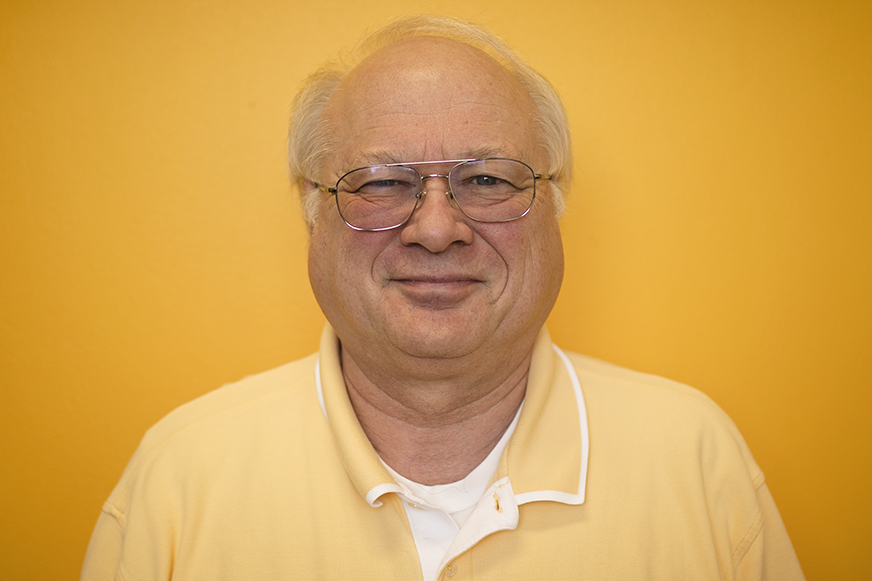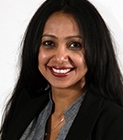Kennesaw State’s Department of Computer Science plans to offer students a new course called Parallel Computers and High-Performance Computing in the upcoming spring semester.
According to the course syllabus, the course is designed to teach students how to write parallel programs to solve issues in science and engineering, design parallel algorithms to address these same issues and use both CPU supercomputers and GPU clusters.
The course is intended to be of use to students from different departments and backgrounds. However, the course will assume students have reasonable programming skills in a conventional language and mathematical skills to understand both the problems and algorithmic solutions presented, according to the syllabus.
There are 28 lecture topics covered in the course including roofline and performance modeling, supercomputers and super intelligence and quantum computing, to name a few.
The course originates from the University of California Berkley and is made available through the Ohio Supercomputer Center. Interim CS Department Chair Dan Lo said that the course is also offered at over 10 other universities in the U.S.
Both graduate and undergraduate courses will be offered to students. Lo said that the class will be cross-listed with the Advanced Topics in Computer Science course to allow seniors an opportunity to take the class.
According to the syllabus, the meeting time for the course will be on Monday and Wednesday from 5 p.m. to 6:15 p.m. Dick Gayler, a professor of computer science and information systems, will be the instructor for the new course and any prerequisites are entirely dependent upon the consent of Gayler.
“I am looking forward to helping some KSU students learn HPC concepts and skills from world-class instructors using world-class tools,” Gayler said.
According to the department’s webpage, the program is accredited by the Computing Accreditation Commission of ABET. The department emphasizes providing “applied computing education with a good solid foundation in basic computing principles.”


